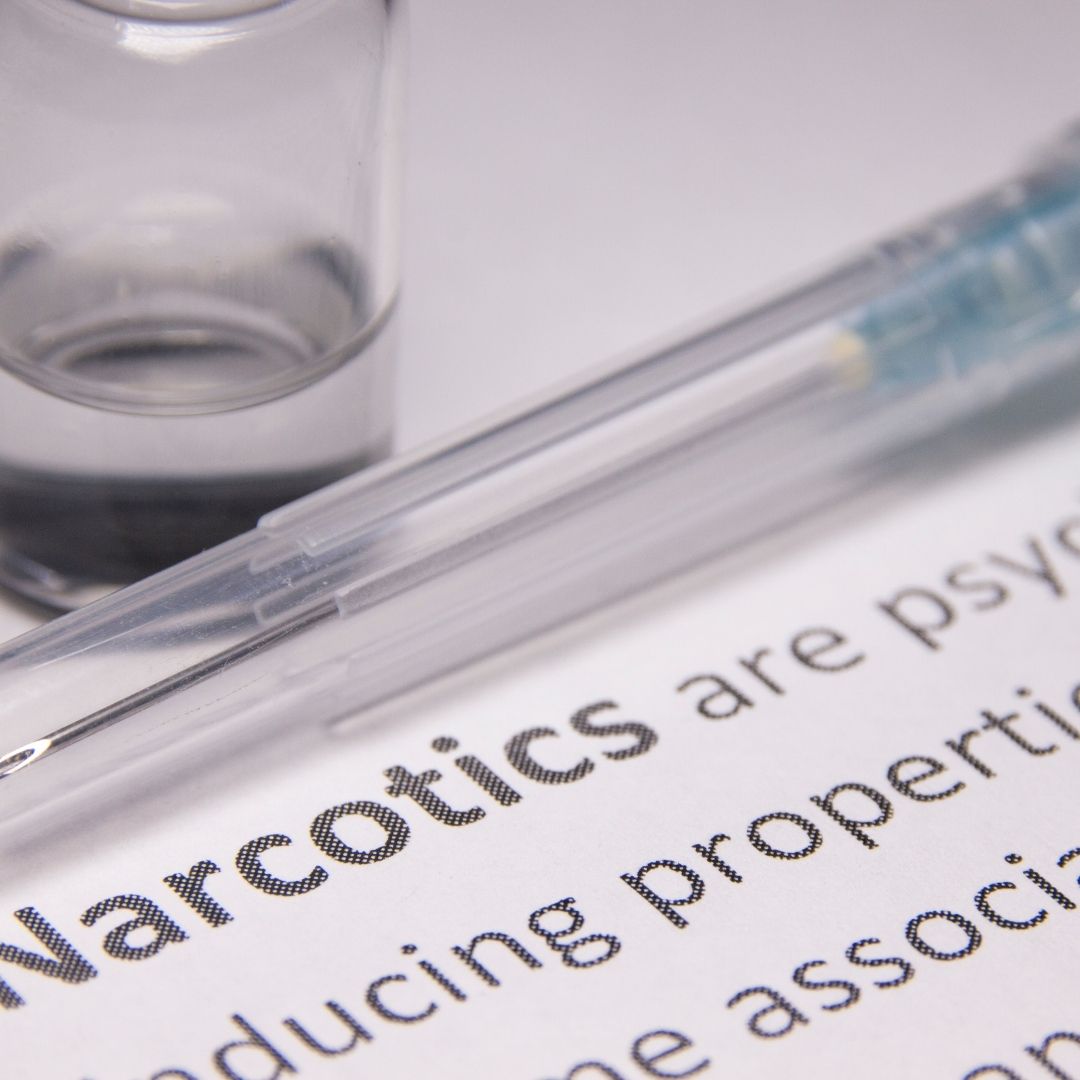What is Xanax?
Xanax, also known by its generic name Alprazolam, is a prescription medication commonly used to treat anxiety and panic disorders. It belongs to a class of drugs called benzodiazepines, which work by depressing the central nervous system to produce a calming effect. But is Xanax considered a narcotic? This question is crucial for anyone using the medication or concerned about its legal implications.

Is Xanax Considered a Narcotic?
Legally speaking, Xanax is not classified as a narcotic. Narcotics are typically opioids, such as morphine, heroin, and oxycodone, which are highly addictive and used primarily for pain relief. However, Xanax is a controlled substance under the Schedule IV classification of the Controlled Substances Act (CSA) due to its potential for abuse and dependency.
Despite not being classified as a narcotic, Xanax is still a high-risk medication that can lead to addiction, overdose, and withdrawal symptoms. Many people misuse it for its sedative effects, leading to legal and medical complications.
How is Xanax Classified?
To understand why Xanax is not considered a narcotic, it’s important to look at how the Drug Enforcement Administration (DEA) classifies substances:
- Schedule I: No accepted medical use (e.g., heroin, LSD)
- Schedule II: High potential for abuse and dependence (e.g., oxycodone, fentanyl)
- Schedule III: Moderate to low potential for abuse (e.g., anabolic steroids)
- Schedule IV: Low potential for abuse and dependence (e.g., Xanax, Valium)
- Schedule V: Lowest risk (e.g., cough syrups with codeine)
Xanax falls under Schedule IV, meaning it has a lower risk of abuse than opioids but still requires regulation.
Why Do People Think Xanax is a Narcotic?
The confusion often arises because Xanax has addictive properties, much like narcotics. The drug produces euphoria, drowsiness, and relaxation, leading some users to abuse it. When mixed with other substances like alcohol, the effects can be even more dangerous, sometimes fatal.
For example, mixing Xanax with alcohol can slow breathing and increase the risk of overdose. If you’re struggling with substance misuse, consider seeking professional Addiction Treatment to safely recover.
Risks of Xanax Abuse
Even though Xanax is not classified as a narcotic, it still carries serious risks. Some dangers of long-term or improper use include:
1. Dependence and Addiction
Xanax affects the brain’s GABA receptors, creating a sedative effect. Over time, users develop a tolerance, requiring higher doses to achieve the same effect, leading to dependence.
2. Severe Withdrawal Symptoms
Stopping Xanax suddenly can cause severe withdrawal symptoms such as:
- Seizures
- Insomnia
- Panic attacks
- Hallucinations
- Muscle pain
These symptoms make quitting without professional help extremely difficult. If you or a loved one is struggling, check out Addiction Recovery programs for support.
3. Cognitive Impairment
Long-term Xanax use can lead to:
- Memory loss
- Impaired judgment
- Decreased coordination
This makes daily tasks, such as driving or working, dangerous.
4. Increased Risk of Overdose
Taking Xanax in high doses or combining it with other substances can slow breathing and cause coma or death.
Legal Considerations for Xanax Use
Although Xanax is legal with a prescription, possessing it without one is illegal. Some legal issues related to Xanax include:
- Possession without a prescription: Considered a criminal offense
- Driving under the influence: Can lead to DUI charges
- Distribution or selling: A felony offense with severe penalties
Those facing legal issues due to substance misuse may be required to attend Court Mandated Drug Treatment to avoid further penalties.

How to Safely Use Xanax
If prescribed Xanax, follow these safety tips:
- Take only as prescribed by your doctor
- Do not mix with alcohol or other depressants
- Store securely to prevent misuse by others
- Seek medical advice before stopping use
Treatment Options for Xanax Dependence
If you’re struggling with Xanax addiction, various treatment options are available, including:
1. Medical Detox
Withdrawal from Xanax should be medically supervised. Ambulatory Detox is a safer, monitored way to detox while maintaining daily responsibilities.
2. Inpatient Rehab
For severe addiction cases, inpatient treatment centers provide 24/7 care. Some Understanding Medicaid and Inpatient Rehab Coverage can help with the cost.
3. Outpatient Programs
Outpatient treatment allows flexibility while receiving therapy, making it ideal for those with work or family obligations.
4. Behavioral Therapy
Cognitive-behavioral therapy (CBT) helps rewire thought patterns and reduce dependency on Xanax.
Trivia: Did You Know?
The term “narcotic” originally referred to any substance that induces sleep or relieves pain, but today it mainly applies to opioids like morphine and heroin. This is why many people mistakenly believe Xanax falls into this category.
FAQs About Xanax and Narcotics
1. Can Xanax be classified as a narcotic in certain situations?
No, Xanax is always classified as a Schedule IV benzodiazepine, not a narcotic.
2. What makes a drug a narcotic?
Narcotics are typically opioids that relieve pain and have high addiction potential. Xanax does not fit this category.
3. Can you get addicted to Xanax like a narcotic?
Yes. While not a narcotic, Xanax is addictive and requires medical supervision for safe use.
4. How can I quit Xanax safely?
Medical detox and professional Addiction Treatment are recommended.
5. What are the signs of Xanax overdose?
Signs include:
- Slowed breathing
- Extreme drowsiness
- Confusion
- Loss of consciousness
Seek emergency help if you notice these symptoms.

Final Thoughts
So, is Xanax considered a narcotic? No, but it is a controlled substance with serious addiction risks. Whether you’re using it legally or struggling with dependency, understanding its risks is crucial. If you or a loved one need help, contact Ridgeline Recovery today for expert guidance on breaking free from addiction.







